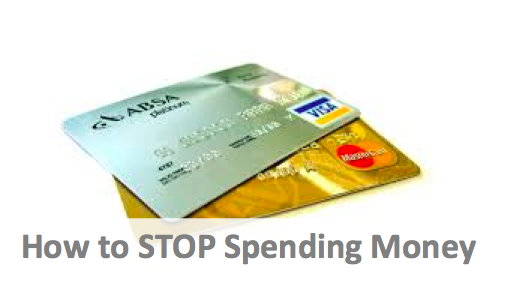For more than a half-decade, the real estate market in the United States has been undergoing a rough period of contraction and adjustment, due in large part to years of questionable lending practices and an economic bubble.
The boom-and-bust reality saw a spike in interest rates for consumers with adjustable rate mortgages, and it saw the implosion of home equity as a viable method of credit for all but a few homeowners. Many people are still struggling with these realities today, unable to pay their mortgage and living in a home that is simply underwater. I’m one of them.
The temptation to walk away is a strong one, but a short sale can prove less damaging to consumer credit reports and more financially beneficial than many alternative ways of getting out from under a mountain of debt.
Mitigating Mortgage Impact: Why Short Sales Are Better than Walking Away
Facing hundreds of thousands of dollars in debt, and confronted with no viable way to continue making timely payments, many of us find ourselves ready and even eager to walk away from their mortgage and let the bank foreclose on the property. This is a big mistake in virtually every scenario. Short sales actually come with a number of unique benefits that often cannot be derived from a simple foreclosure on the property. Among these benefits:
1. Short sales typically result in a lesser hit to the consumer’s credit profile. If the lender indicates that the obligation is simply paid in full, it may even result in no noticeable change to FICO scores or future credit eligibility.
2. Going through a short sale typically doesn’t allow consumers to be held accountable for their remaining financial obligations through other means. Conversely, banks can look for ways to minimize the debt they take on via foreclosure by seizing assets or pursuing legal actions.
3. Though a short sale does make consumers eligible for a “cancellation of indebtedness” tax, the government has worked to create tax incentive and rebate programs that help undo a great amount of this tax debt. Most programs cover mortgage debt incurred between 2007 and 2012, and they’re typically only available to those consumers who elected to pursue a short sale or any other method other than foreclosure and reneging on payment obligations. Furthermore, an insolvent homeowner can have their tax obligations cancelled entirely.
Choosing a Lawyer: Why Legal Aid Outweighs Realtors in a Short Sale
Short sales typically involve realtors, lawyers, and even accountants, but it’s worth noting that lawyers are probably the single biggest asset available to homeowners when they’ve decided to tackle their home’s mortgage head-on and free themselves from outsized monthly payments that they simply can’t make. A debt settlement attorney will offer a number of key services not offered by either of the other professionals.
1: Protection from Lawsuits and Seizing of Assets
Banks are in the business or making money, and the way they do that is by accepting timely repayments from their borrowers. Those borrowers who elect to short sale are essentially guaranteeing that their lender will make less money on their mortgage, forcing the lender to seek other ways to guarantee the amount they’re owed. In some cases, that means banks will be looking to recover some of the homeowner’s assets as a way to cover expenses or make up for the difference between the mortgage amount and the final amount of the short sale. Only an attorney can prevent this from happening.
2: Managing Future Personal Liability
Debt management attorneys will help their clients release themselves from future personal liability concerning the home that is undergoing a short sale. Simply put, this key legal document and procedure ensures that the homeowner cannot, and will not be pursued by the lender in the future as a way to cover any potential losses incurred by that lender during the short sale. For those homeowners who are looking to hang onto other property, or perhaps purchase a home again sometime in the future, this document is an absolute necessity.
3: Advice Throughout the Short Sale Process
A short sale is stressful, time-consuming, and often very difficult to manage. Attorneys have the experience needed to provide sound legal advice that will resonate with lenders, speed up the process, and ensure that all of the homeowner’s bases are covered. That means less pitfalls, a reduced likelihood of added expenses or future legal action, and a smoother resolution of outstanding mortgage debt. Homeowners looking to pursue a short sale should waste not time contacting the right representation for their needs, since these benefits and many others come from early, proactive action.




